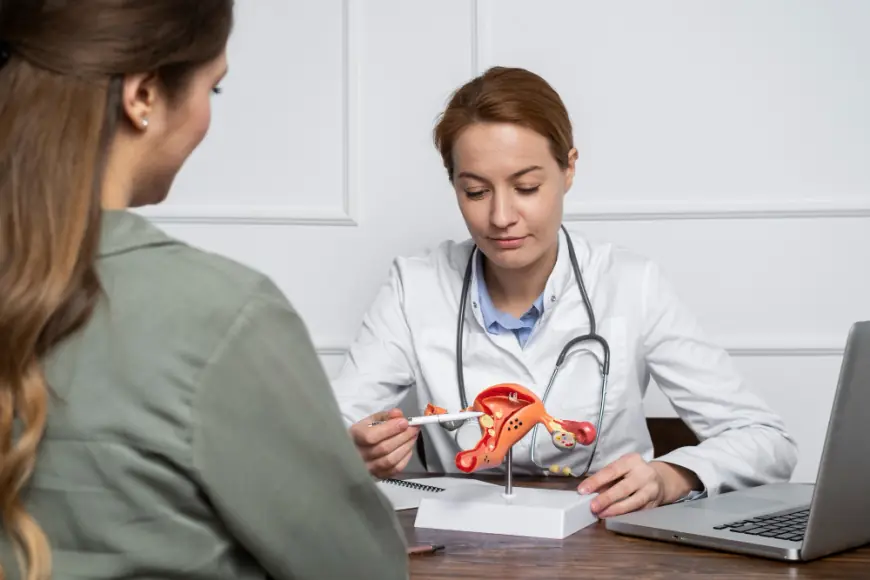What Happens If You Don’t Remove a Diseased Gallbladder and Other FAQs about Gallbladder Removal
In this article, we’ll walk you through everything you need to know about gallbladders, gallstones, and gallbladder disease.

Many people have gallstones, but most do not experience any symptoms, so surgery is usually not necessary.
However, if you experience abdominal pain after eating that lasts for hours, often accompanied by nausea, vomiting or a fever, you might need to have your gallbladder removed immediately.
What happens, though, if you delay or decide against having your diseased gallbladder removed? You might already have an idea about this, but we’re here to break it down further for you.
In this article, we’ll walk you through everything you need to know about gallbladders, gallstones, and gallbladder disease.
What does a gallbladder do?
The gallbladder functions as a storage and concentration site for bile produced by the liver, a vital liquid that helps digestion.
Whenever you consume food, the stomach releases a hormone that signals the gallbladder to release the bile into your intestines through the bile duct, helping break down fat during digestion.
Bile is made up of several components, including cholesterol, bile salts, and water. Sometimes, these substances can clump together and form gallstones that can range in size from a tiny grain to as large as a golf ball.
What are gallstones?
Gallstones are small, hard deposits made up of bile salts and cholesterol that form in the gallbladder or other parts of the biliary tract, such as the liver, pancreas, or surrounding bile ducts. These deposits disrupt the normal digestive flow.
The first thing you have to know about gallstones is that many people have them, but most never experience any symptoms or pain. Gallstones are rarely symptomatic.
However, when left untreated, gallstones can lead to extreme pain and other complications in some individuals. Some people develop just one gallstone, while others may develop multiple gallstones at the same time.
The exact cause of gallstones is still unclear, but they are often linked to lifestyle factors such as being overweight, having an unhealthy diet, and a lack of physical activity.
What causes gallbladder disease?
Gallbladder diseases often begin in the gallbladder itself or the bile ducts connected to it. Any blockage in these ducts can back up into your gallbladder, and since it’s connected to other organs, the disease can affect them.
More often than not, gallbladder diseases are caused by gallstones, which block the flow of bile in the gallbladder or bile ducts. These hardened deposits don’t always cause problems, but when they do, it’s critical to consult with a doctor immediately to address them.
An example of gallbladder disease caused by gallstones is cholecystitis, or the inflammation of the gallbladder. The blockage prevents bile from flowing normally, resulting in a buildup of pressure and inflammation in the gallbladder.
What are the signs that you may need gallbladder removal?
Certain gallbladder diseases may require immediate gallbladder removal.
Besides gallstones, other conditions such as ruptured gallbladder, gallstone pancreatitis, cancer, and gallstone infection may require the removal of the gallbladder.
These conditions cause a range of uncomfortable symptoms such as nausea, sharp stomach pain, severe abdominal pain, indigestion, loose stools, and dark-coloured urine, among others.
What happens if you don’t remove a diseased gallbladder?
Is it possible to put off gallbladder surgery? According to doctors, it’s generally not advisable, especially when you’re already dealing with severe symptoms and pains.
If not managed in time, a diseased gallbladder can cause several complications like jaundice, sepsis, or even cancer.
That’s why when there’s a suspected build-up of gallstones, it’s best to address them immediately to prevent them from progressing into a more complicated and potentially dangerous gallbladder disease.
What's Your Reaction?
 Like
0
Like
0
 Dislike
0
Dislike
0
 Love
0
Love
0
 Funny
0
Funny
0
 Angry
0
Angry
0
 Sad
0
Sad
0
 Wow
0
Wow
0

















































